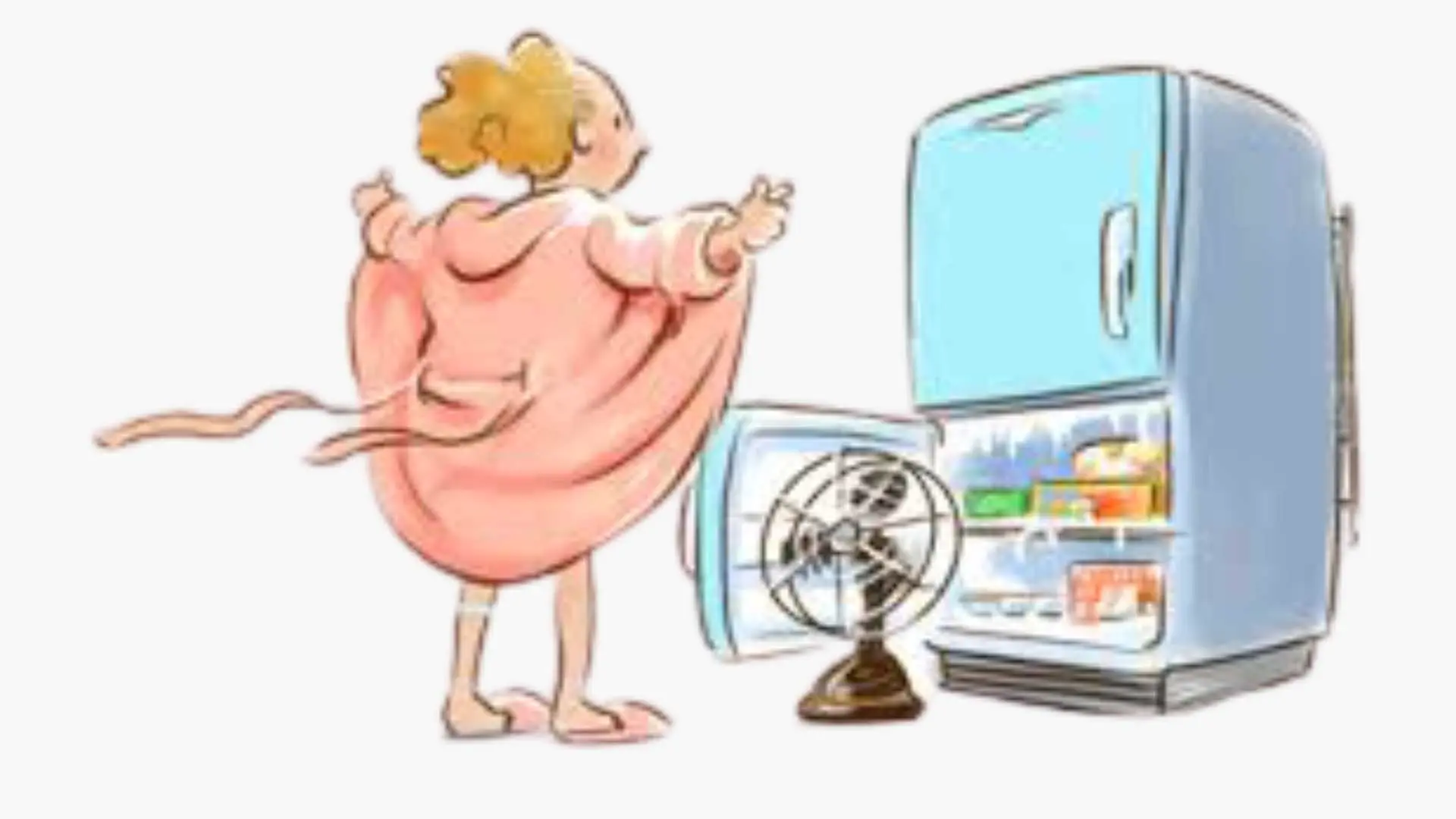
Menopause seems to be a uniquely different experience for every woman. However in my experience as a naturopath helping women through the transition, a few symptoms seem to be more common than others. Hot flushes and weight gain around the middle are of course the main ones. Another common complaint is swinging wildly between anxiety, depression and irritability. Sometimes so bad it almost becomes rage. One lady explained how her rage seemed to be centred on one poor man at her work who hadn’t even done anything in particular to anger her. She would just see him and immediately feel rage at him. It sounds like a script for a comedy but it was actually quite distressing for her as she wasn’t that sort of person and she felt guilty for the way she was thinking. Other common symptoms are fatigue, feeling more highly stressed, insomnia, night sweats, loss of libido, aches and pains and changes in skin and hair condition.
So why do you feel like you are going crazy and that life is about to end while your friend says “Oh my periods just stopped one day and that was it”. That can be infuriating to hear from someone already suffering bouts of rage and depression. Of course genetics do play a large role in how well your body copes with the transition. Generally, if your mother and older sisters had a hard time of it, chances are it won’t be a breeze for you either. But there are a lot of other factors involved which you do have much more control over.
One of the biggest things determining how well you will experience menopause is your stress levels. When you are constantly under stress, your adrenal glands are continuously being stimulated and their production of something called DHEA is affected. DHEA can be converted to a form of oestrogen in your fat cells. When the production of oestrogen from the ovaries is in rapid decline, this source of oestrogen can really help to reduce the symptoms of menopause.
For this same reason, your weight plays a big part too. Thinner women can sometimes experience more symptoms simply because they don’t have the fat reserves needed for this oestrogen conversion to occur. This is also the reason the body seems to put weight on at this time.
As you will have guessed, diet and exercise are also extremely important determinants of how well you cope with the transition to menopause. Phyto-estrogen rich foods such as tofu and flaxseeds help raise the body’s perceived level of oestrogen. This can greatly reduce hot flushes and night sweats, not to mention help reduce the later risks of osteoporosis and cardiovascular disease.
Consumption of stimulants such as caffeine, alcohol, sugar and spicy foods will be detrimental while good dietary fibre, antioxidant rich foods and good fats will help.
There’s not much exercise isn’t good for and menopause symptoms are no exception. Many studies have found exercise, especially of the short burst HIIT (high intensity interval training) variety, to be most effective in reducing many common symptoms of menopause. Since stress is not helpful, spending gruelling long hours in the gym won’t help and isn’t necessary. Just a couple of short sessions a week (combining both cardio and weight bearing exercises) can make a huge difference.
Menopause and the associated symptoms, especially fatigue, stress, anxiety and depression, is my specialty area. If you think you could use some help, book yourself in online or if you’re not sure, give me a call for a free 10 minute phone chat to explore if it’s the right thing for you. Check out my webpage all about menopause here. I can work with you to design a tailored plan to help you through the transition and beyond with dietary and lifestyle advise as well as TGA approved, highly affective herbal and nutritional supplements.
Email me if you’d like a great 3 page handout with diet and lifestyle recommendations for managing menopause. balmnaturalhealth@gmail.com
Keep an eye out for my next blog which will be all about the hot flush. What is happening and why and what to do about it.

